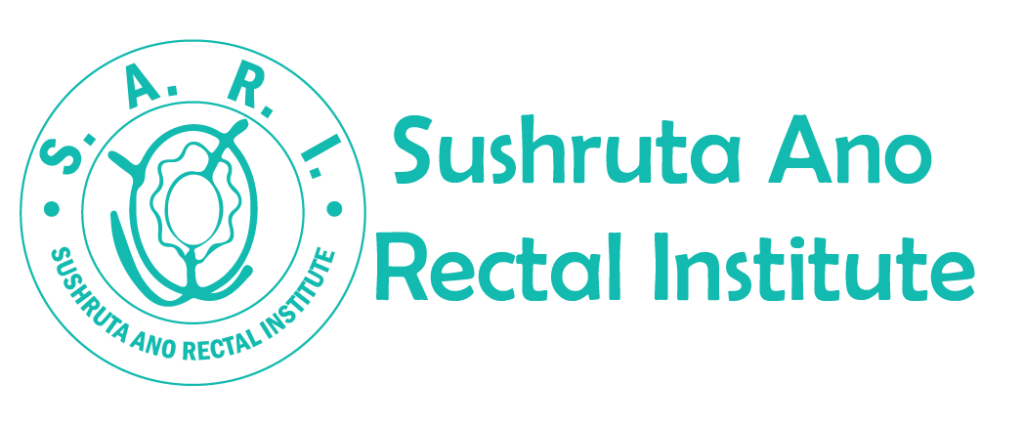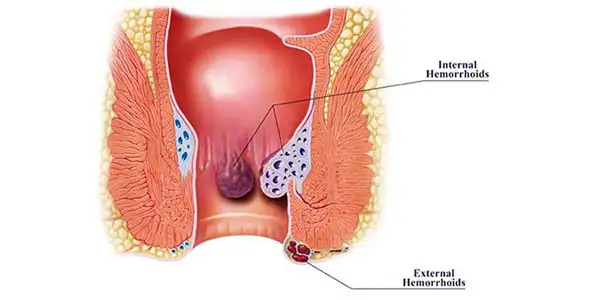How to cure a Fissure Permanently Fast?
- May 21, 2024
Introduction:
Are you tired of living with the discomfort and pain caused by a fissure? Seeking relief without the fear of surgery or invasive procedures? Look no further. At Ayurcure, we understand the challenges posed by fissures and offer specialized non-surgical treatments tailored to your needs. Under the expert guidance of Dr. S.K Singh, renowned as the best fissure doctor in Delhi, we combine the ancient wisdom of Ayurveda with modern medical advancements to provide effective and lasting solutions. Let’s delve into how Ayurcure can help you achieve fast and permanent relief from fissures.
Understanding Fissure:
Fissures are small tears in the lining of the anal canal, often caused by factors such as constipation, diarrhea, or trauma during bowel movements. While they may seem minor, they can cause intense pain, bleeding, itching, and discomfort, making everyday activities challenging. Many individuals are apprehensive about seeking treatment due to the fear of surgery. However, at Ayurcure, we offer non-surgical treatment options that prioritize your comfort and well-being.
The Role of Ayurveda:
Ayurveda, the ancient Indian system of medicine, offers a holistic approach to healing, focusing on restoring balance within the body. Ayurvedic treatment of fissure emphasizes the use of natural remedies, dietary modifications, and lifestyle changes to address the root cause of the condition. Dr. S.K Singh, with his expertise in Ayurveda, creates personalized treatment plans that not only alleviate symptoms but also promote long-term healing.
Fissure Non-Surgical Treatment Options:
Our non-surgical treatments for fissures are designed to provide fast and permanent relief without the need for invasive procedures. Through a combination of herbal medicines, dietary supplements, and therapeutic interventions, we target the underlying factors contributing to fissure development. These treatments not only soothe the immediate symptoms but also promote healing and prevent recurrence.
Herbal Remedies:
Ayurveda offers a rich repertoire of herbs known for their healing properties. These herbs are carefully selected and formulated to reduce inflammation, promote tissue repair, and improve bowel health. By harnessing the power of nature, we offer safe and effective alternatives to conventional medications, ensuring minimal side effects and maximum benefits.
Dietary Modifications:
Diet plays a crucial role in managing fissures and promoting healing. Our expert team provides personalized dietary guidance tailored to your specific needs. By incorporating fiber-rich foods, hydrating beverages, and gut-friendly nutrients into your diet, we aim to improve bowel function and prevent constipation or diarrhea, thus reducing the risk of fissure recurrence.
Lifestyle Changes:
In addition to herbal remedies and dietary modifications, lifestyle changes can significantly impact fissure healing. Our team offers practical advice on maintaining good bowel habits, practicing proper hygiene, and managing stress levels. By addressing lifestyle factors that contribute to fissure development, we help you create a supportive environment for healing and well-being.
Personalized Care:
At Ayurcure, we prioritize personalized care, recognizing that each individual’s journey towards healing is unique. Dr. S.K Singh takes the time to understand your medical history, lifestyle habits, and treatment preferences before crafting a customized treatment plan tailored to your needs. Our compassionate team provides ongoing support and guidance, ensuring that you feel empowered and informed every step of the way.
Embracing Holistic Healing:
Healing from a fissure is not just about addressing physical symptoms; it’s about embracing holistic well-being. Our approach integrates emotional support, stress management techniques, and mindfulness practices to nurture your body, mind, and spirit. By fostering a sense of balance and harmony within yourself, you can experience profound healing and transformation.
Conclusion:
Finding relief from a fissure doesn’t have to be a daunting journey. With Ayurcure’s specialized non-surgical treatments and the expertise of Dr. S.K Singh, you can achieve fast and permanent relief without the need for invasive procedures. Say goodbye to the pain and discomfort and embrace a life of wellness with Ayurcure.
Read More: Which is the Best Clinic for Fistula Treatment in Delhi?




